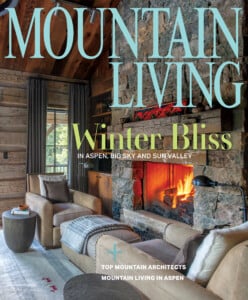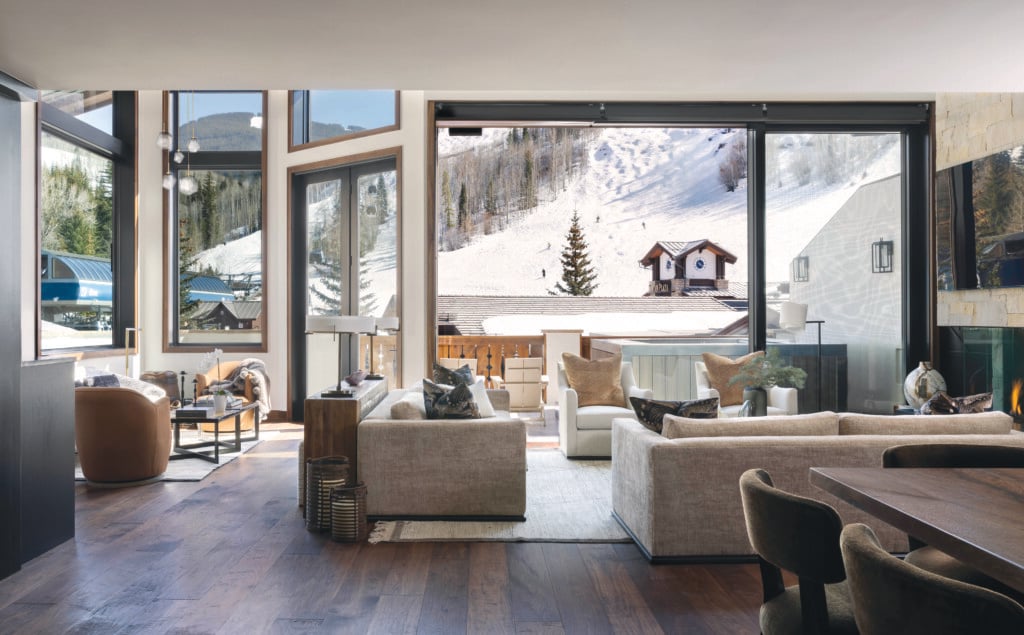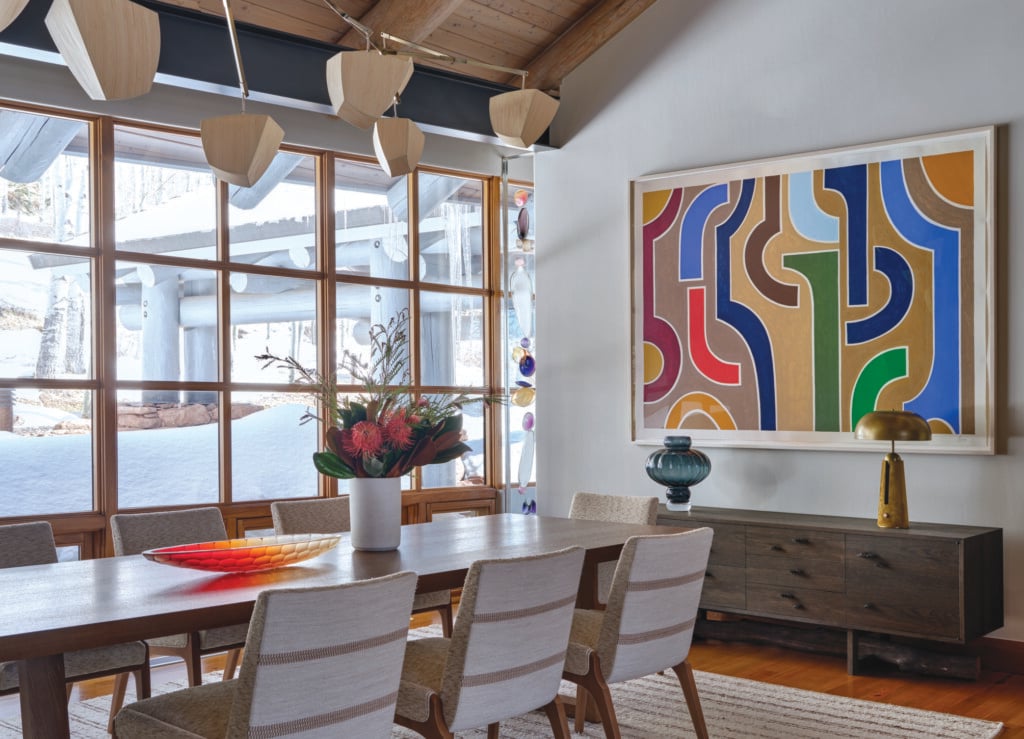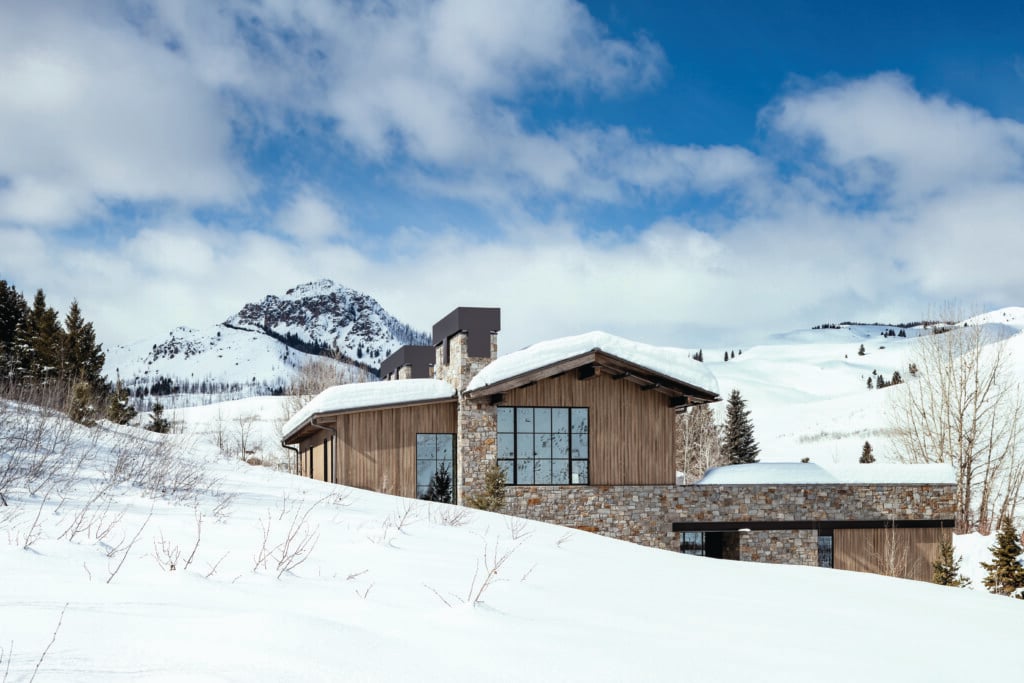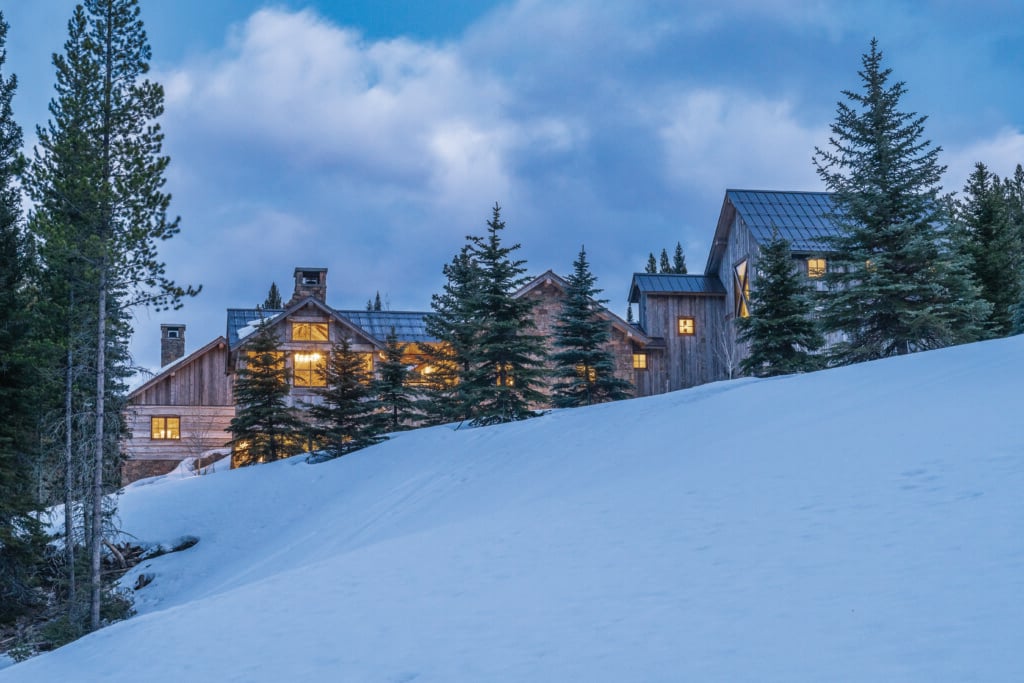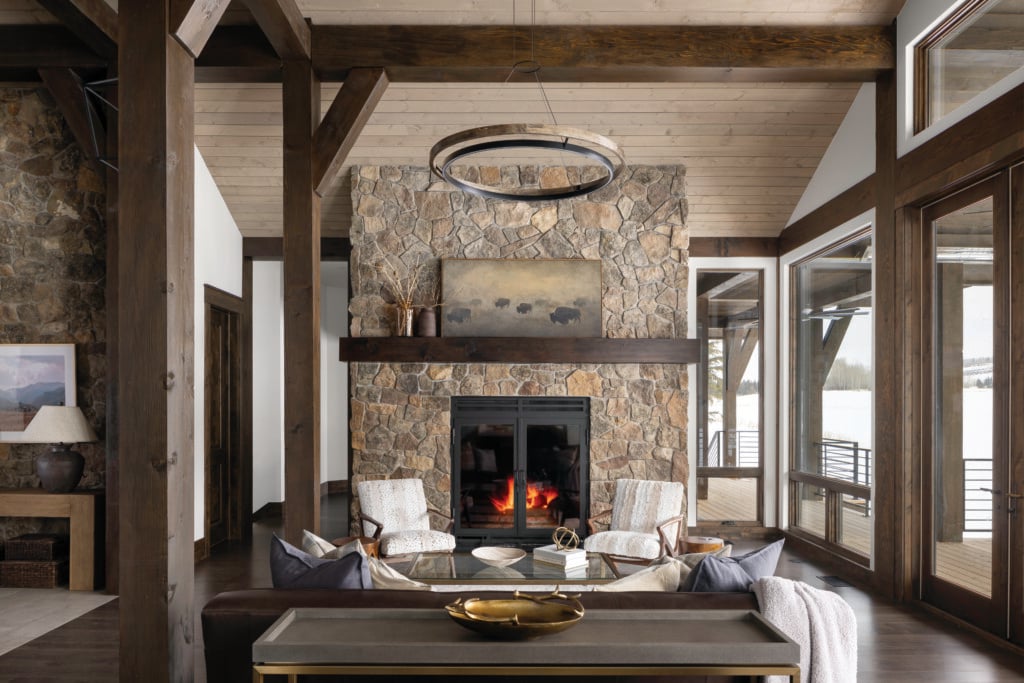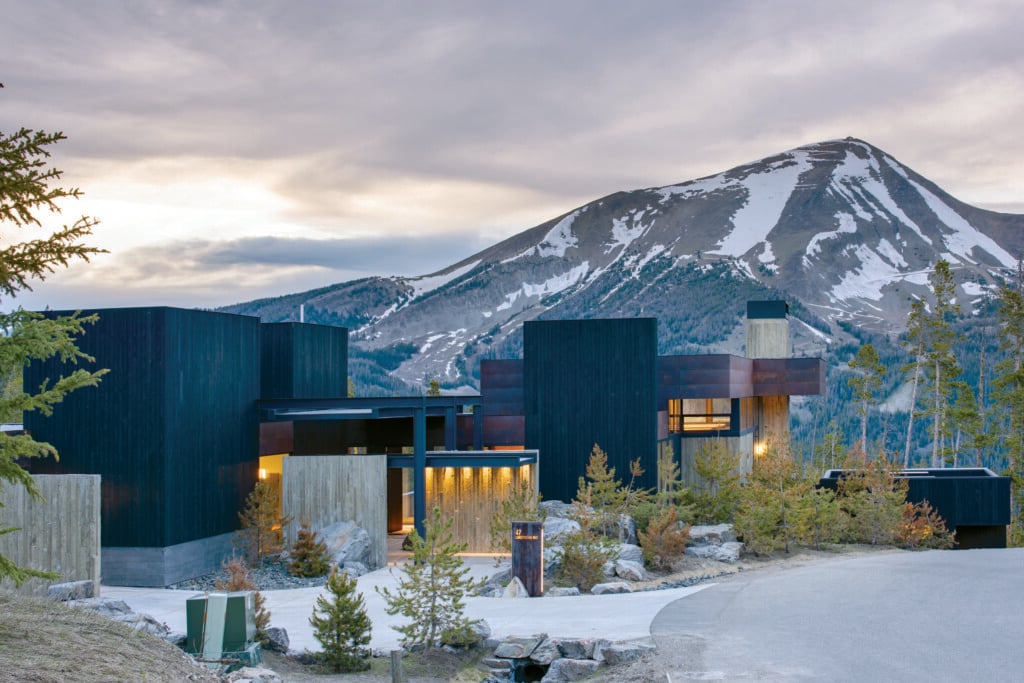4 Questions to Ask Before Buying a Home in the Mountains
The pursuit of a mountain home begins with clarity.
Buying a home is one of the most significant financial decisions you’ll ever make. While inspections reveal a property’s current condition, people often don’t look beyond the immediate state of the house regarding its long-term potential and how it will grow and evolve with their family’s needs and dreams.
Before closing on a property, it’s crucial to ask these questions about its development potential, building restrictions and hazards. Doing your homework now can save you from a costly and heartbreaking surprise later down the road.
Building and Zoning Restrictions
Every property is subject to zoning ordinances and building codes that dictate how it can be used. These rules determine what you can build, where it can be located and what the structure can be made of.
Where can you build? This seemingly simple question has a complex answer. You’ll need to understand the setbacks, easements, lot coverage and bulk planes and maximum building height. Lot coverage is the maximum percentage of your lot that can be covered by a building’s footprint, including garages and accessory buildings. This is a critical factor if you plan to expand the main house or add a large garage. The maximum building height limits the total vertical height of your structure.
The bulk plane is an invisible, sloped plane that starts at the property line and dictates the maximum massing of a building as it goes up, often preventing a structure from blocking a neighbor’s light or views.
Accessory Structures
Many homeowners think of adding an accessory dwelling unit (ADU), detached garage, workshop or an in-law suite. However, not all properties allow these types of accessory buildings. You need to ask whether accessory structures are permitted on the lot and if so, what the specific requirements for their size, location and usage are.
Potential Hazards and Special Requirements
Another crucial inquiry is about potential environmental hazards and special construction requirements that could impact the property’s safety and your budget.
Is the property in a wildfire zone or in/near a floodplain? If the property is in a high-risk area, you will likely be subject to specific building codes. These codes might mandate special construction materials and conditions, such as fire-resistant materials, fire defense zones and landscaping requirements and restrictions. You may also be required to have a dedicated sprinkler system, which can add significant expense to any new construction or renovation.
Additional Governing Bodies
Remember, it’s not just the city or county that can impose rules. Many properties are part of a community with a homeowners’ association (HOA) or design review committee (DRC). These committees often have their own set of guidelines that are separate from and sometimes more restrictive than local zoning laws. They may have the final say on any additions or new construction. It is imperative to get a copy of these guidelines and review them thoroughly before you close.
Before you sign on the dotted line, go beyond the aesthetics and the current condition of the house. By asking critical questions about zoning and building restrictions you’re investing in your property’s future. Due diligence will not only protect your investment but also ensure that your home can grow and evolve with your family’s needs and dreams. Keep in mind that over time requirements and restrictions are subject to change.
Aaron Ruiz is a project manager at TKP Architects based in Golden, Colorado. For over 35 years, TKP Architects has been designing award-winning, memorable, custom homes for the West’s most discriminating clients. View their profile or contact them at 303-278-8840.
Content for this article provided by TKP Architects.
